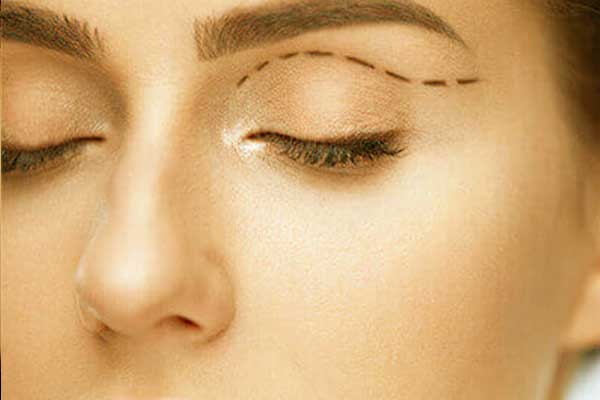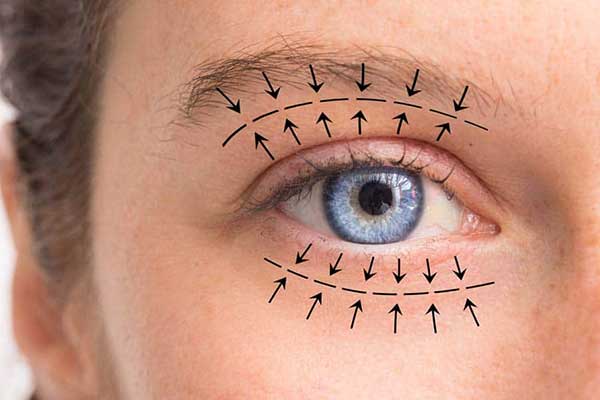PRK in Turkey
Explore everything you need to know about PRK in Turkey, from the procedure and recovery to costs and what to expect. Learn why Turkey is a top destination for this effective vision correction surgery.
What is PRK?
PRK, or Photorefractive Keratectomy, is a type of laser eye surgery used to correct vision issues like myopia (nearsightedness), hyperopia (farsightedness), and astigmatism. Unlike LASIK, which involves creating a flap in the cornea, PRK works by removing the outer layer of the cornea (epithelium) and reshaping the underlying tissue using an excimer laser. This makes PRK an ideal option for those with thin corneas or certain corneal irregularities.
Why Choose PRK?
PRK is often chosen by patients who:
- Have thin or irregular corneas that make them unsuitable for LASIK.
- Participate in contact sports or other activities where a LASIK flap could be at risk of dislodgement.
- Seek a safer alternative for dry eyes, as PRK is less likely to exacerbate dry eye symptoms.
Why Consider PRK in Turkey?
Turkey has rapidly become a leading destination for medical tourism, including eye surgeries like PRK. Here’s why:
High-Quality Medical Care
Turkish clinics are equipped with state-of-the-art technology and staffed by highly trained ophthalmologists who specialize in refractive surgery. Many surgeons have international training and are recognized for their expertise in procedures like PRK.
Cost-Effective Treatment
The cost of PRK in Turkey is significantly lower than in countries like the US, UK, or Australia. This affordability does not come at the expense of quality, making Turkey an attractive option for those seeking high-standard care at a reduced price.
Comprehensive Care Packages
Many Turkish clinics offer all-inclusive packages that cover everything from pre-operative consultations to post-operative care, including accommodation and transportation. This ensures a seamless and stress-free experience for international patients.
The PRK Procedure
How PRK Works
PRK is a straightforward procedure that typically takes about 15-30 minutes per eye. Here’s a step-by-step overview:
- Anesthesia: The procedure begins with the application of numbing eye drops to ensure comfort.
- Removal of the Epithelium: The surgeon gently removes the outer layer of the cornea (epithelium) using a special tool.
- Laser Reshaping: An excimer laser is then used to precisely reshape the cornea, correcting the refractive error.
- Application of a Bandage Contact Lens: A soft contact lens is placed over the eye to protect it and promote healing.
Recovery Process
Recovery from PRK is longer than LASIK because the corneal epithelium needs time to regenerate. Here’s what to expect:
- Initial Recovery: The first few days post-surgery can involve discomfort, blurred vision, and light sensitivity. Your surgeon will prescribe pain relievers and eye drops to manage these symptoms.
- Bandage Contact Lenses: These lenses are typically removed after 3-5 days, once the epithelium has sufficiently healed.
- Vision Stabilization: Vision may fluctuate for several weeks, with full stabilization usually occurring within 3-6 months.
PRK vs. LASIK: Which is Right for You?
While both PRK and LASIK are effective for correcting vision, they differ in technique and recovery time. Here’s a quick comparison:
| Aspect | PRK | LASIK |
|---|---|---|
| Corneal Flap | No flap; epithelium is removed | Flap is created and replaced |
| Recovery Time | Longer; full recovery in 3-6 months | Faster; most recover within a week |
| Pain/Discomfort | More post-op discomfort | Minimal post-op discomfort |
| Suitability | Suitable for thin corneas, dry eyes | Not ideal for thin corneas, active lifestyle risks flap issues |
| Cost | $1,500 – $2,500 per eye in Turkey | $2,000 – $3,500 per eye in Turkey |
Cost of PRK in Turkey
One of the main draws of PRK in Turkey is the cost savings. Here’s how the costs compare:
| Country | Cost per Eye |
|---|---|
| Turkey | $1,500 – $2,500 |
| USA | $2,500 – $4,000 |
| UK | £1,800 – £3,000 |
| Australia | AUD 3,500 – 5,000 |
These prices make Turkey a compelling choice for those seeking quality vision correction at a fraction of the cost found in Western countries.
Risks and Considerations
While PRK is generally safe, it’s important to be aware of potential risks and side effects:
- Temporary Discomfort: Expect some pain and discomfort in the first few days post-surgery.
- Corneal Haze: A temporary clouding of the cornea may occur during healing, but it usually resolves on its own.
- Slow Recovery: Unlike LASIK, PRK requires a longer recovery period, with vision taking several weeks to stabilize.
- Risk of Infection: As with any surgery, there’s a small risk of infection, which can be minimized by following your surgeon’s aftercare instructions.
Choosing the Right Clinic in Turkey
Selecting the right clinic is crucial for achieving the best results. Here are some tips:
- Research Surgeons: Look for board-certified ophthalmologists with extensive experience in performing PRK.
- Check Reviews: Patient testimonials can provide insight into the quality of care and results you can expect.
- Consultation: Schedule a consultation to discuss your vision goals, and ensure the clinic meets your needs.
External Resources
For more detailed information on PRK, visit Cleveland Clinic or Vision Center.
Conclusion
PRK in Turkey offers an excellent opportunity for those looking to correct their vision with the latest technology, expert care, and at an affordable price. Whether you’re dealing with nearsightedness, farsightedness, or astigmatism, PRK can help you achieve clearer vision and a better quality of life. With the right clinic and surgeon, you can enjoy the benefits of this tried-and-true procedure with confidence.





